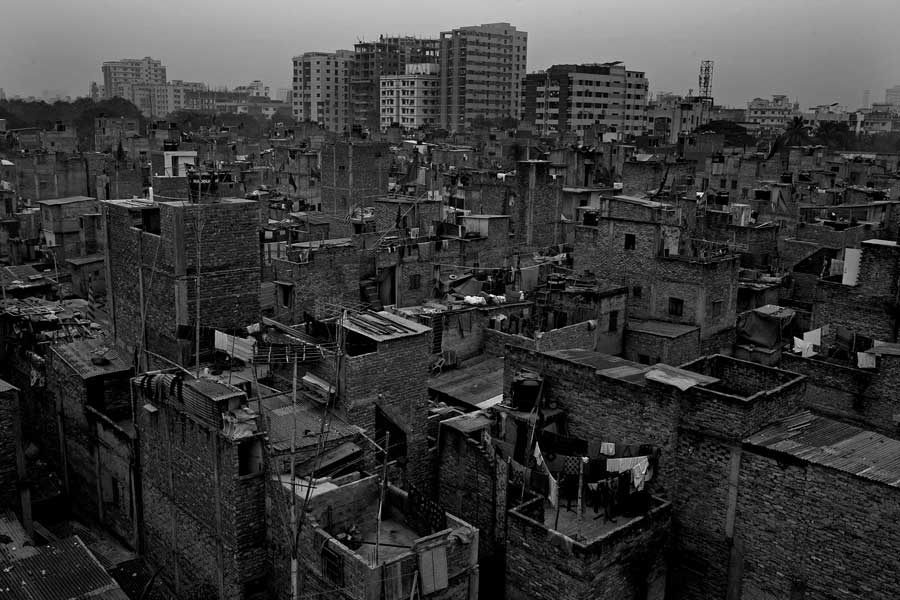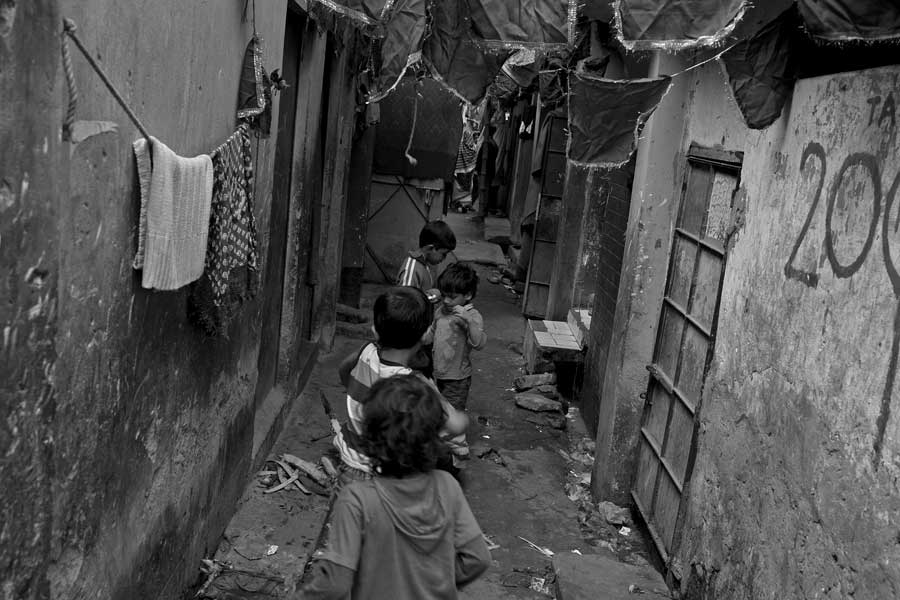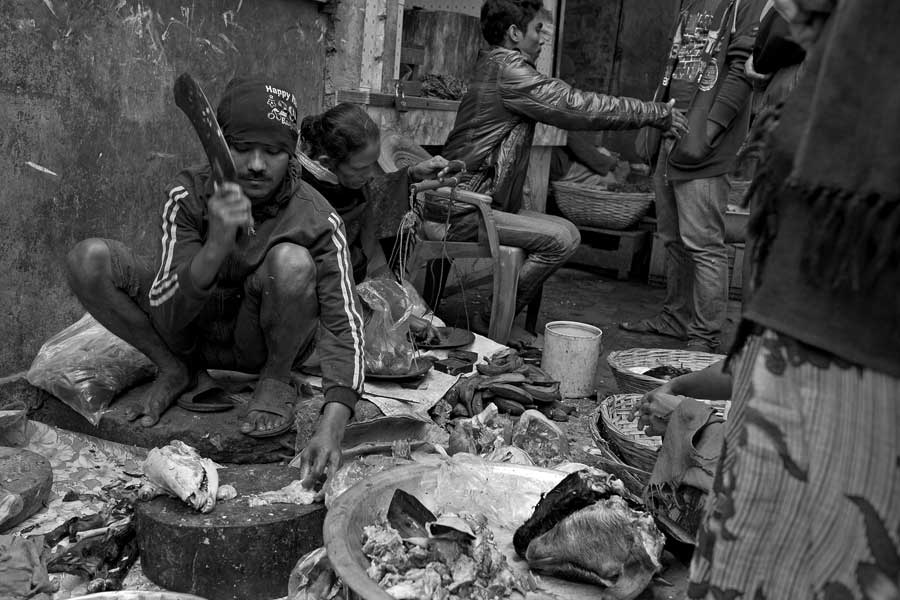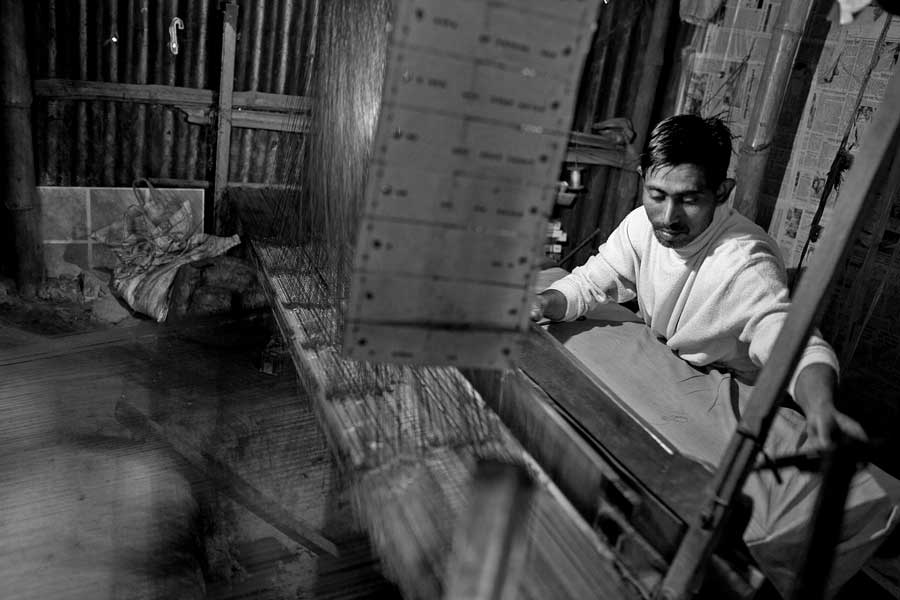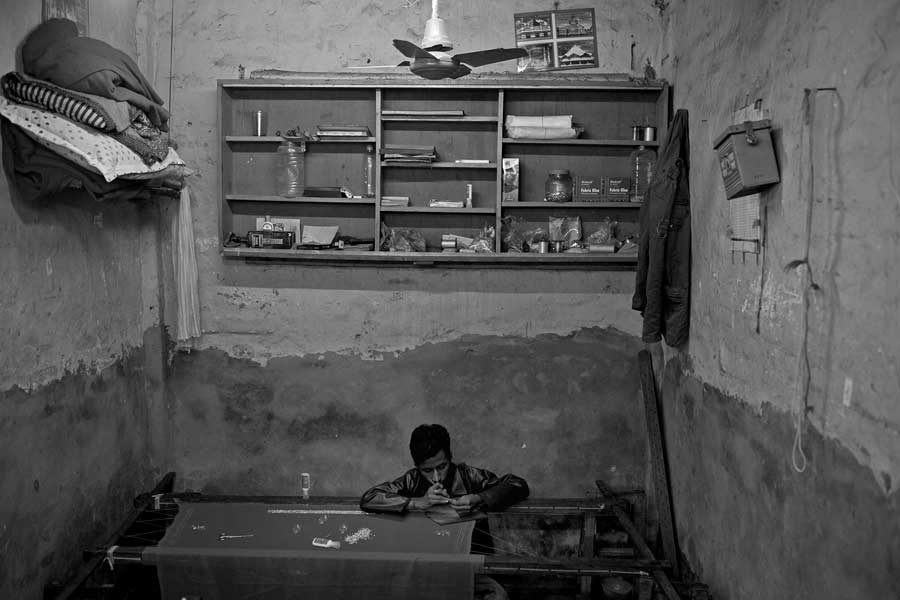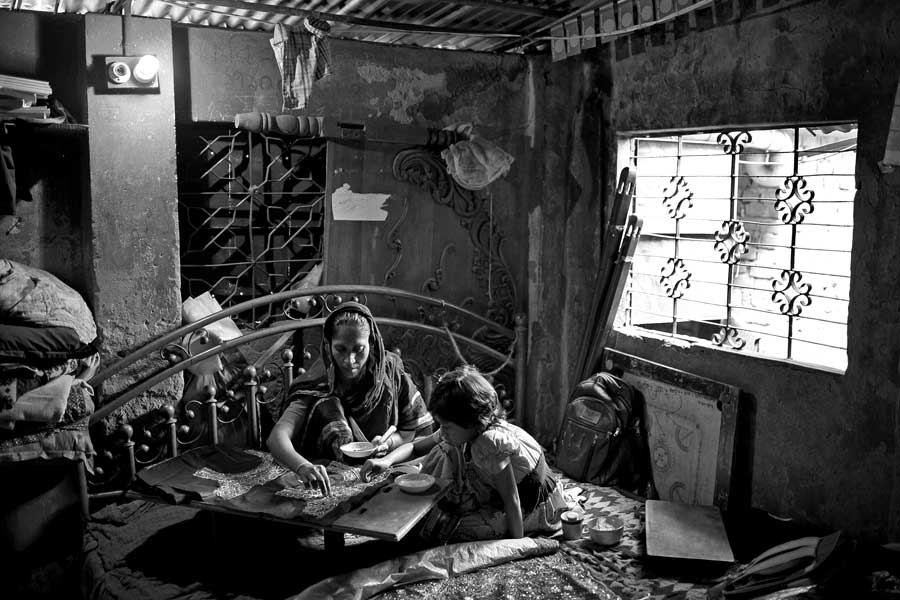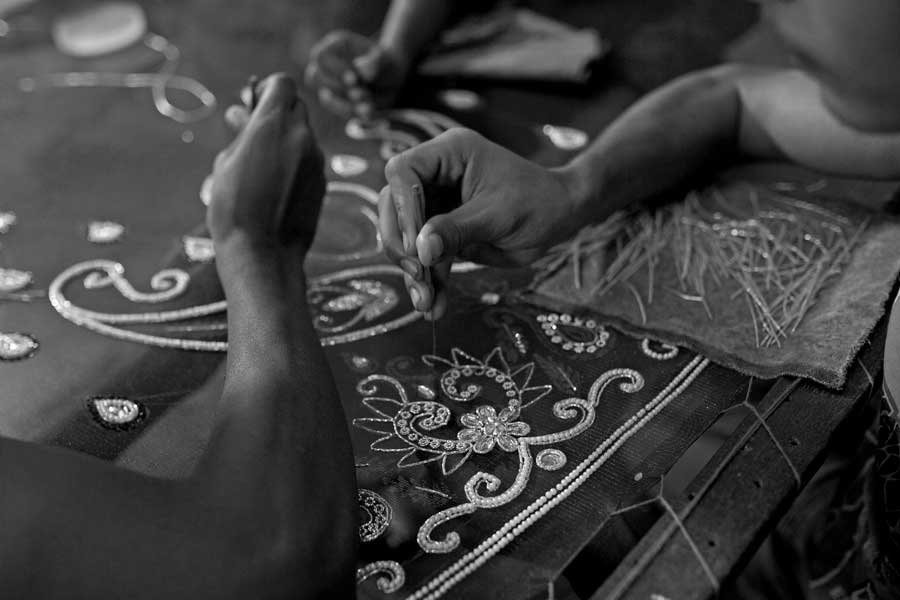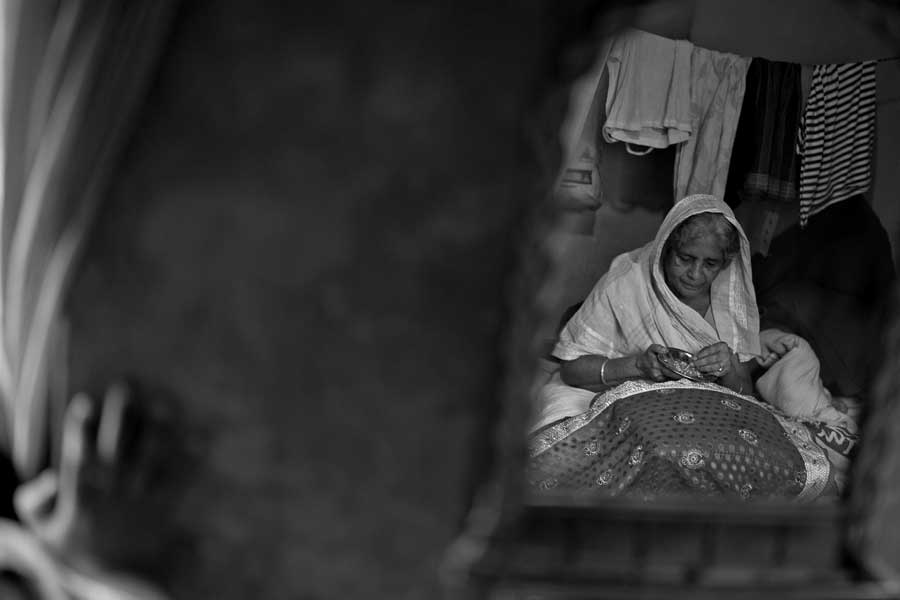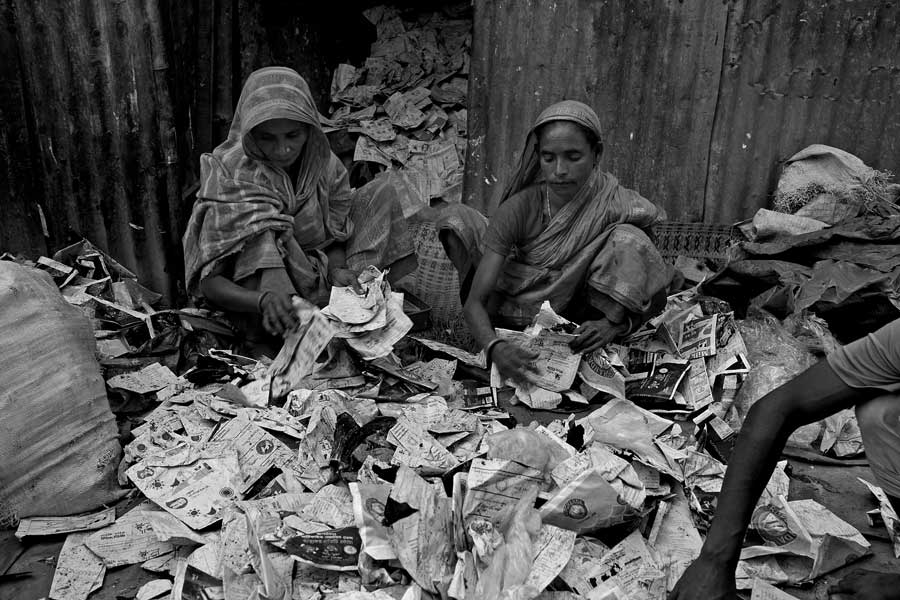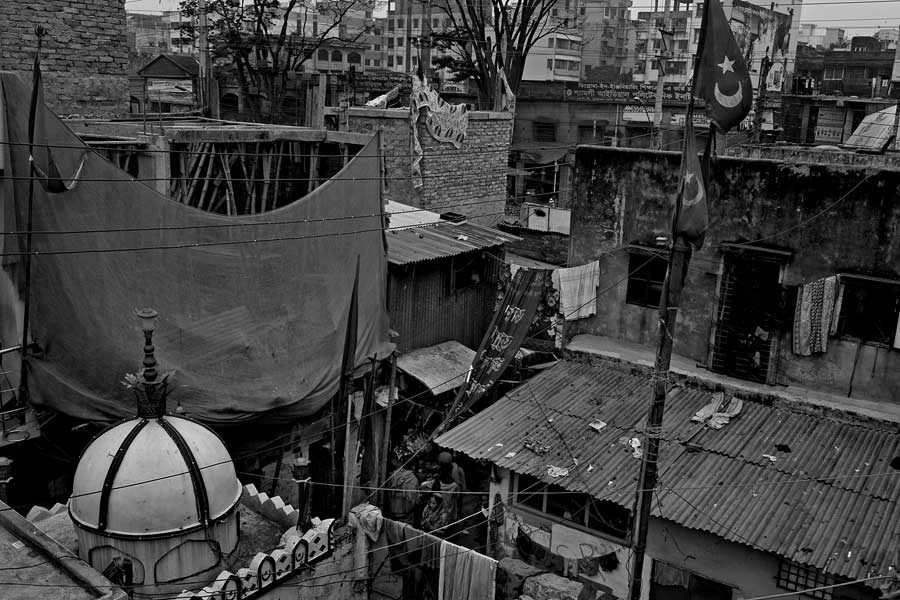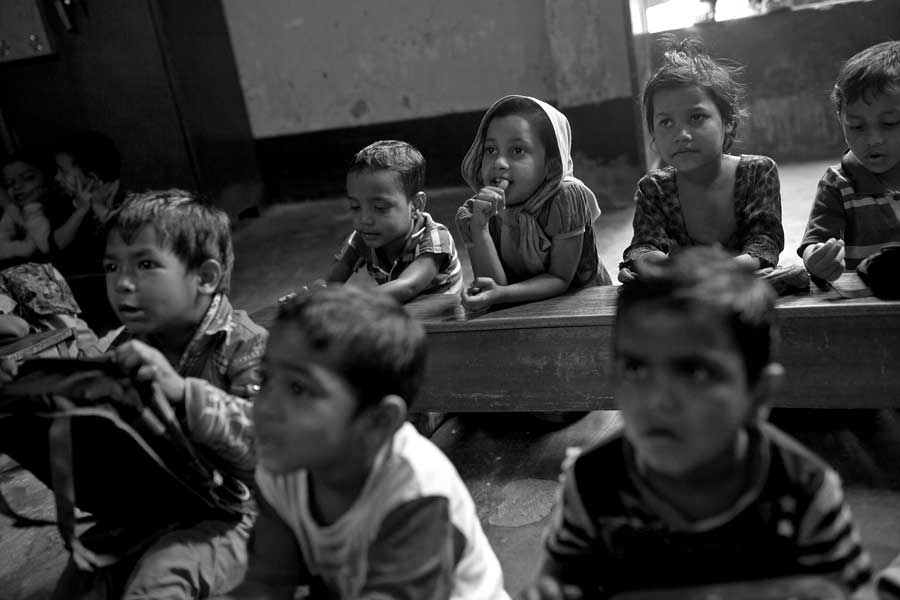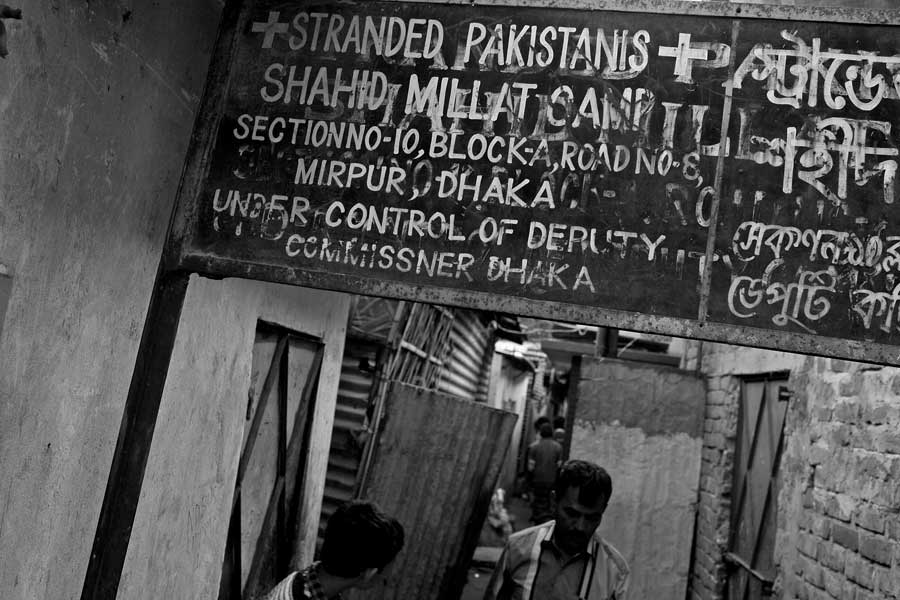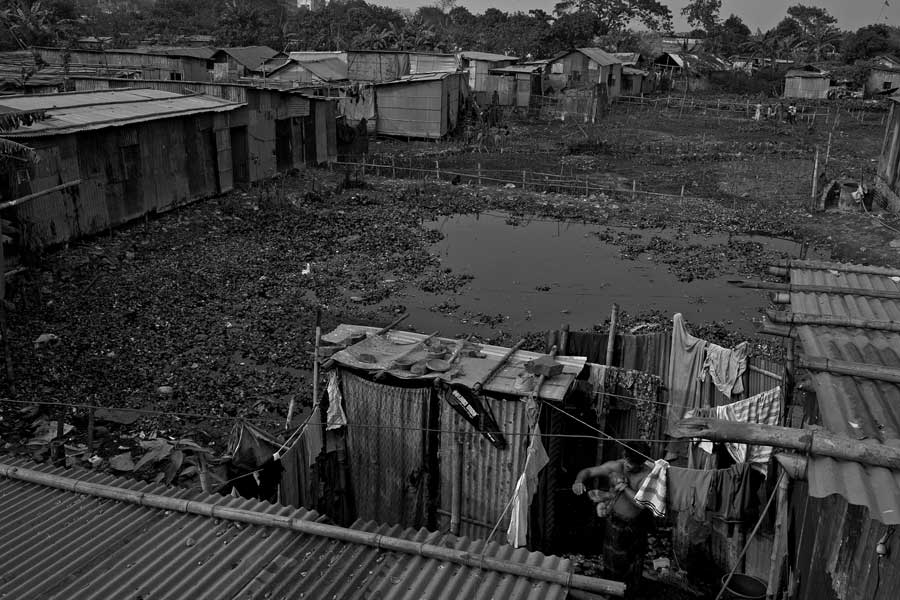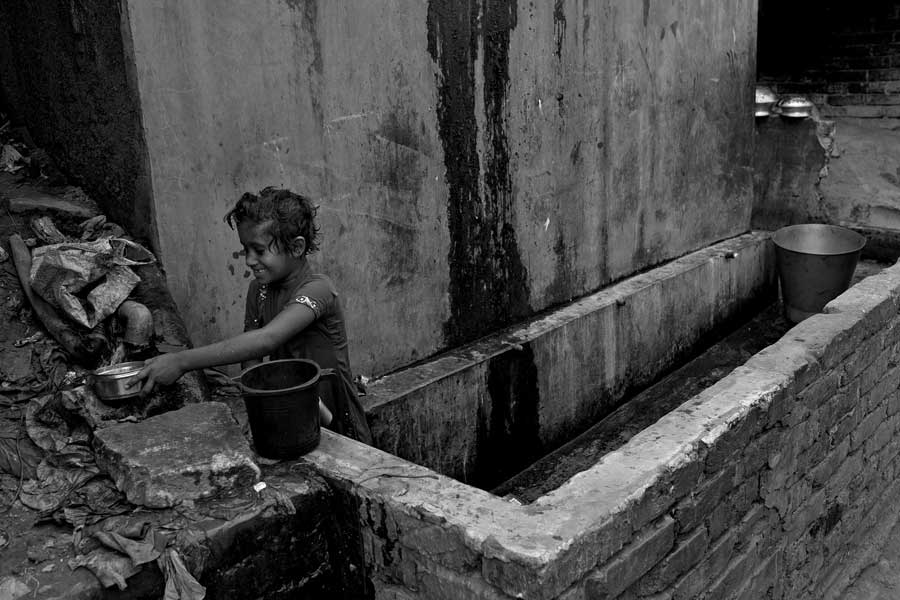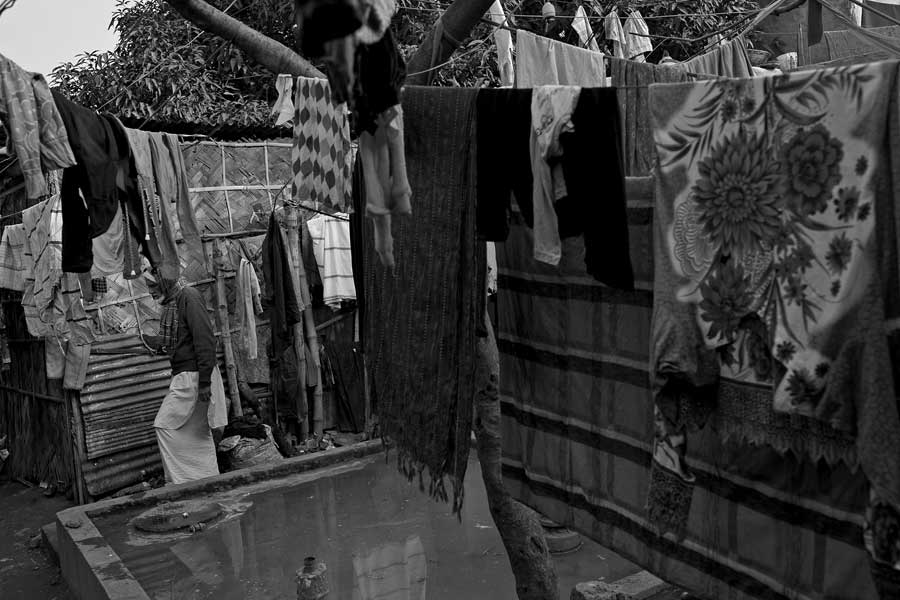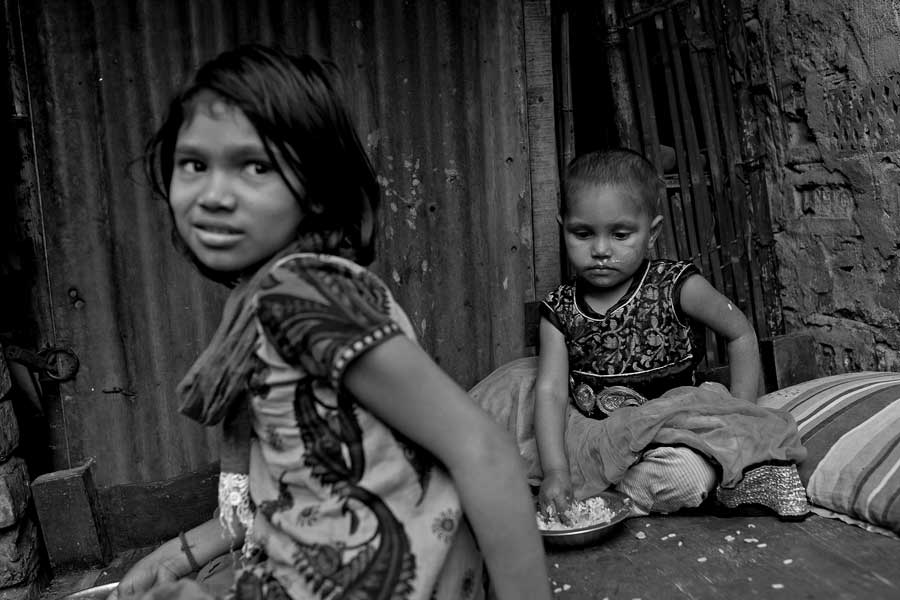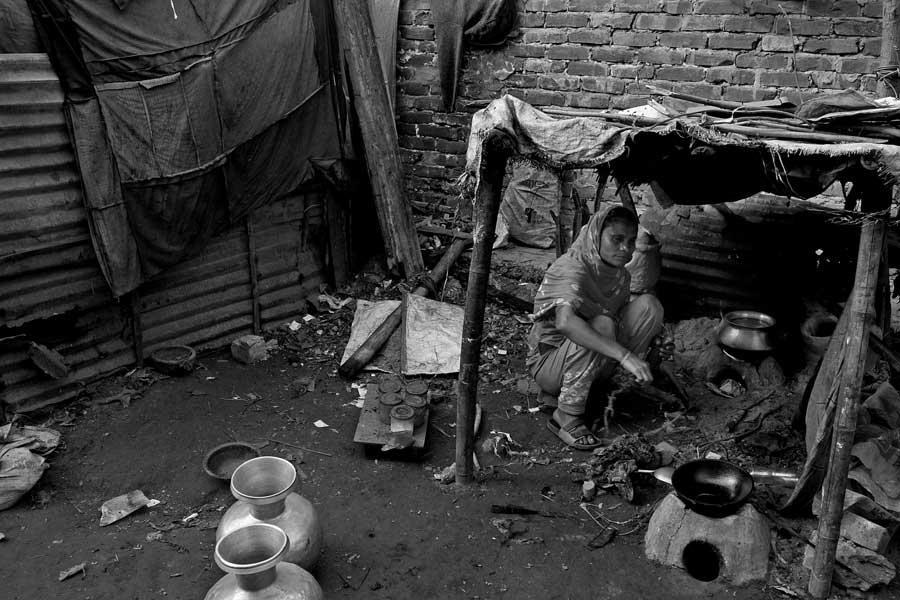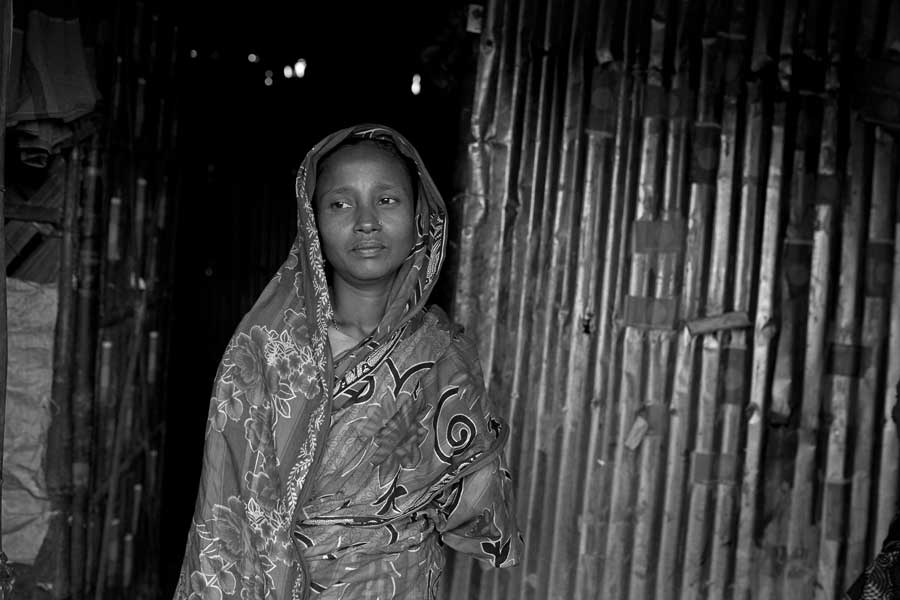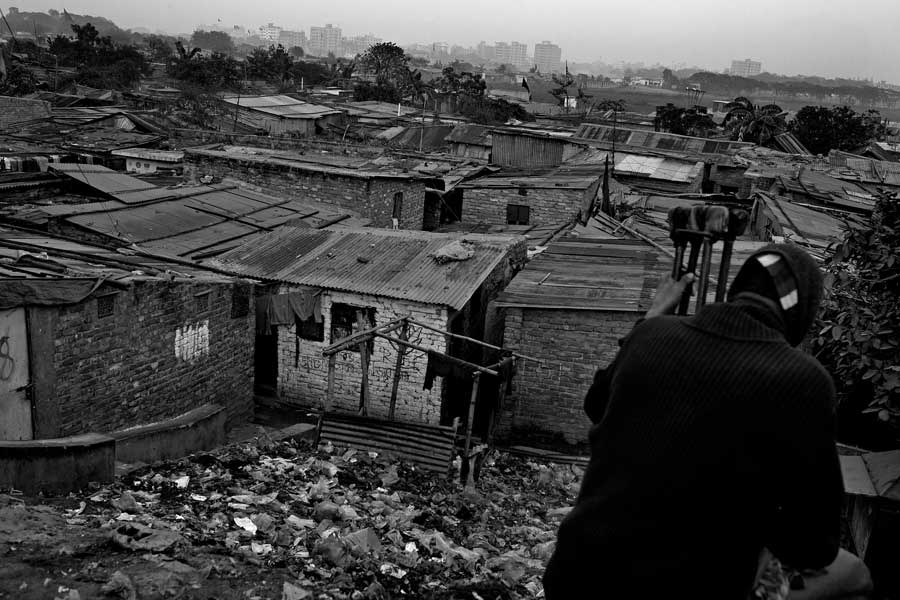Biharis are Urdu speaking Muslim migrated from Bihar province of India to East Pakistan which is now Bangladesh in 1947 at the time of The Great Partition.
During the independence war in 1971 between East Pakistan and West Pakistan, they sided with West Pakistan army and opposed the independence of Bangladesh. Collaborating with the Pakistan Army, some Biharis committed atrocities against Bengali nationalists and civilians.
On the other hand, Bengalis regarded Biharis as a symbol of Pakistani domination. The number of Biharis killed during the war is estimated 1,000 to 150,000. After the war, Bangladesh government offered citizenship to Biharis. While most Biharis accepted the offer, about 500,000 Biharis chose to migrate to Pakistan. But the Pakistani government didn’t take them back, and avoided the issue over decades. While a few percent of Biharis had been repatriated to Pakistan, many Biharis have assimilated into the Bengali population. And about 250,000 stateless Biharis have been living in camps across the country. The camps have been undeveloped, crowded and become slum. For almost 40 years, they were denied access to government services, including education and employment. Health and sanitation have been problem due to lack of infrastructure. In 2008, the High Court in Dhaka finally ruled that Biharis, who were minors at the war and who born after the war, could be given Bangladeshi citizenship and voting rights. However, there is persistent discrimination against Biharis among Bengalis. They face sever obstacles when obtaining citizenship documents such as birth certification and passport. Also they are often denied to take government jobs or to attend school only by a reason as Biharis. They have been struggling to obtain normal civil rights and looking for better future. [Official Website]



